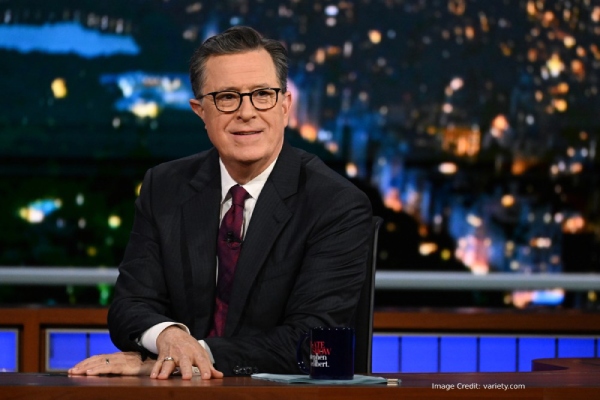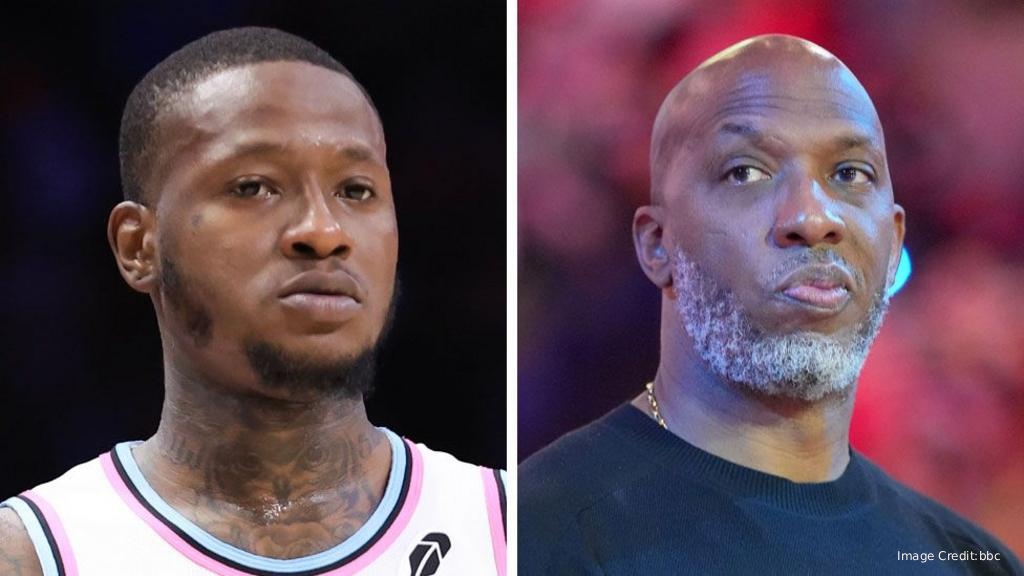CBS Cancels The Late Show With Stephen Colbert After Ten Years

In a bombshell announcement that’s shaken late-night TV, CBS has confirmed it will cancel The Late Show with Stephen Colbert in May 2026, ending a historic run of political satire, celebrity banter, and biting commentary. The decision not only pulls the curtain on a decade of Colbert’s hosting but also closes the book on a franchise that dates back to David Letterman’s debut in 1993.
The news broke during Colbert’s Monday monologue, where he revealed to a stunned audience at New York’s Ed Sullivan Theater, “Next year will be our last season… It’s the end of The Late Show on CBS. I’m not being replaced. This is all just going away.” The room responded with groans, mirroring the sentiments of millions of loyal viewers.
Colbert, 61, didn’t shy away from speculation. Earlier that same week, he criticized a $16 million settlement between CBS’s parent company, Paramount Global, and former President Donald Trump, calling it a “big fat bribe.” The deal reportedly helped clear the way for Paramount’s pending sale to Skydance Media, a transaction requiring Trump-era regulatory approval.
“I don’t know if anything will repair my trust in this company,” Colbert quipped, adding sarcastically, “$16 million would help.”
Despite CBS’s insistence that the decision is “purely financial” and not tied to Colbert’s content or performance, political figures aren’t convinced. Senator Adam Schiff publicly called for transparency, while Senator Elizabeth Warren echoed the sentiment, hinting at a possible political motive behind the show’s abrupt cancellation.
Colbert’s run, which began in 2015 following his success with The Colbert Report and The Daily Show, was marked by sharp political humor and cultural relevance. He consistently led the late-night ratings race, averaging 2.4 million viewers this year alone. The show just landed its sixth Primetime Emmy nomination and previously won a Peabody Award in 2021.
Industry peers and fans were quick to react. Jimmy Kimmel expressed his love for Colbert while dropping an expletive toward CBS. Jamie Lee Curtis, set to appear on The Late Show soon, declared, “They’re trying to silence people, but that won’t work. We’ll just get louder.”
The cancellation also comes amid a broader decline in traditional late-night TV. Viewership and ad revenue have steadily dropped, while younger audiences shift to online clips. CBS recently canceled its After Midnight show and joins NBC in making cost-cutting moves across its late-night lineup.
But for many, this feels like more than just numbers. As author Bill Carter put it: “If CBS thinks people are just going to swallow this, they’re really deluded.”
It’s the end of a legacy and possibly, the beginning of a deeper conversation about media, politics, and power.





